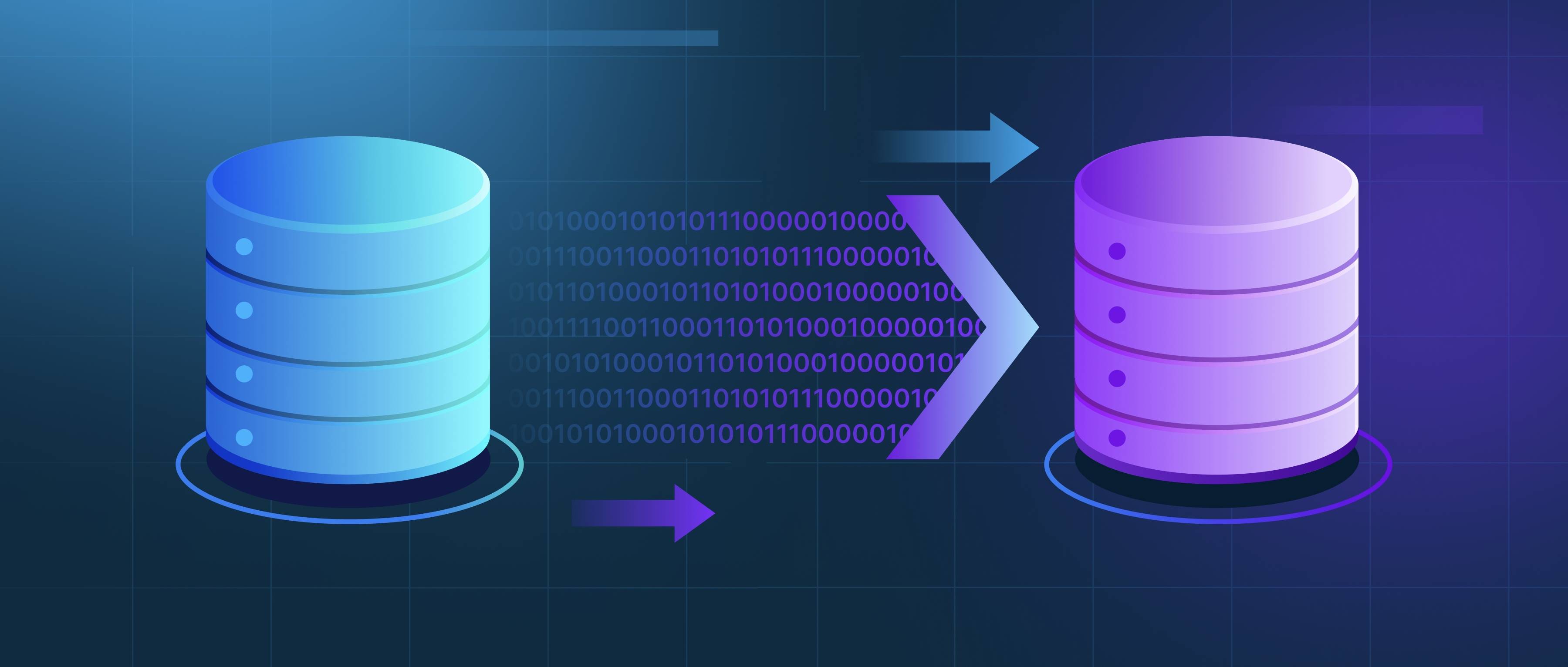NLP has a profound impact on society by transforming communication, accessibility, and decision-making processes. It bridges language barriers through real-time translation tools like Google Translate, enabling global collaboration. Assistive technologies powered by NLP, such as screen readers or voice assistants, enhance accessibility for individuals with disabilities.
NLP also democratizes information by summarizing complex documents, analyzing public sentiment, and extracting insights from vast data sources. This empowers individuals and organizations to make informed decisions quickly. In healthcare, NLP streamlines processes like medical record analysis, improving patient care. Similarly, in education, NLP-based tools personalize learning experiences and assist students with language difficulties.
However, NLP’s societal impact isn’t without challenges. It raises ethical concerns about misinformation, bias, and privacy. Additionally, the computational demands of NLP models contribute to environmental concerns. Striking a balance between innovation and responsibility is essential to ensure NLP benefits society equitably and sustainably.
